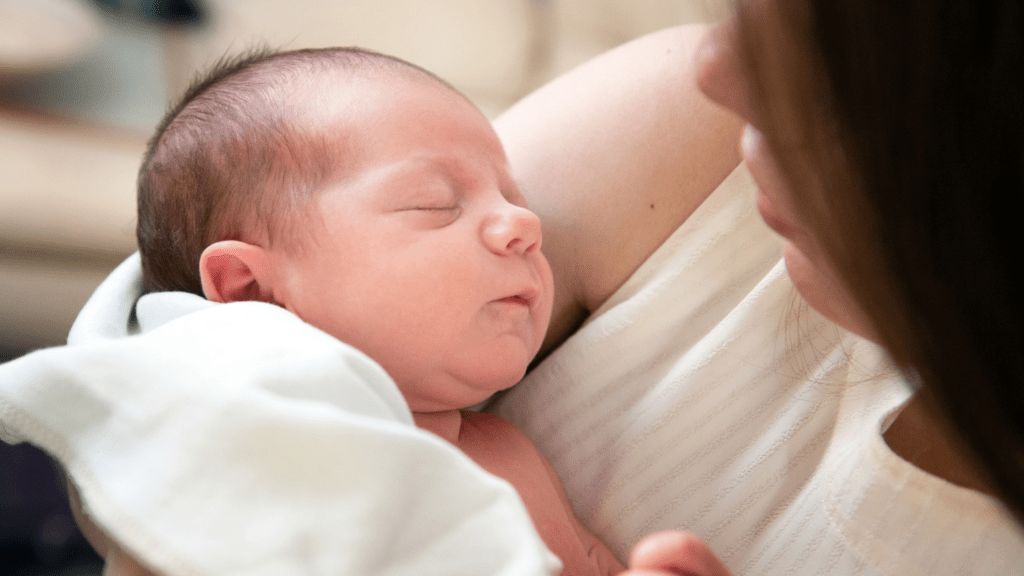RSV Vaccine during Pregnancy | The Evidence
We all want to keep our newborn babies safe. When looking at common illnesses, RSV is a frequent concern amongst new parents. The latest recommendation? Recieve the RSV Vaccine during pregnancy. If your doctor has made this suggestion you may be curious how it works. Let’s take a look at what RSV is and what you can do before your baby is even born to protect them from it.
What Is Respiratory Syncytial Virus (RSV)?
Respiratory syncytial virus (RSV) is a leading cause of hospitalization in infants, responsible for 58,000–80,000 annual hospitalizations in children under 5 in the U.S. Babies under 6 months are especially vulnerable, as RSV can lead to severe lung infections like bronchiolitis and pneumonia. We’ve done a deep dive on the specifics of RSV in babies, you can check that out here!
It’s important to remember that while RSV is dangerous for infants and the immunocompromised, it can present as a common cold in healthy individuals. This means even if someone’s only symptom is a runny nose, they could spread the illness.
How does getting the RSV vaccine during pregnancy work?
The Abrysvo vaccine, approved by the FDA and recommended by the CDC, is given to pregnant individuals between 32 and 36 weeks of gestation. It works by transferring protective antibodies to the fetus, providing passive immunity that shields infants during their most vulnerable early months.
Is it safe and effective?
Yes! Clinical trials show impressive results:
81.8% efficacy against severe RSV within the first 90 days of life.
69.4% efficacy through 6 months of age.
Safety data from over 7,000 participants revealed no significant risks to pregnant individuals or babies. The most commonly seen side effects are mild such as injection site pain or fatigue and they were reported to be short-lived.
What else should I know about the RSV Vaccine during Pregnancy?
Timing: CDC recommends vaccination at 32–36 weeks, ideally before RSV season (typically fall/winter).
Who should get it? Most pregnancies without contraindications. This could be something such as an allergy to the vaccine’s components.
Alternative option: For those unable to receive the vaccine, there is an option that can be given to infants post-birth.
The American Academy of Pediatrics (AAP) and World Health Organization (WHO) endorse RSV vaccination during pregnancy as a safe, effective way to reduce infant complications due to RSV.
Take Action
The most important thing you can do when considering healthcare decisions is to talk to your trusted healthcare provider. You can practice using the BRAIN acronym during your prenatal visit by asking the following questions:
Benefits – What are the benefits of recieving the RSV vaccine during pregnancy?
Risks – What are the known risks? What are the risks of RSV to a newborn?
Alternatives – What alternatives do I have?
Intuition – What am I feeling now that I know the science-based answers to my questions?
Nothing – What happens if I do nothing about RSV?
By vaccinating during pregnancy, you’re offering your baby a strong first defense against a potentially serious illness.
More Reading
Center for Disease Control (CDC)
World Health Organization (WHO)
American College of Obstetrics and Gynecologists (ACOG)












